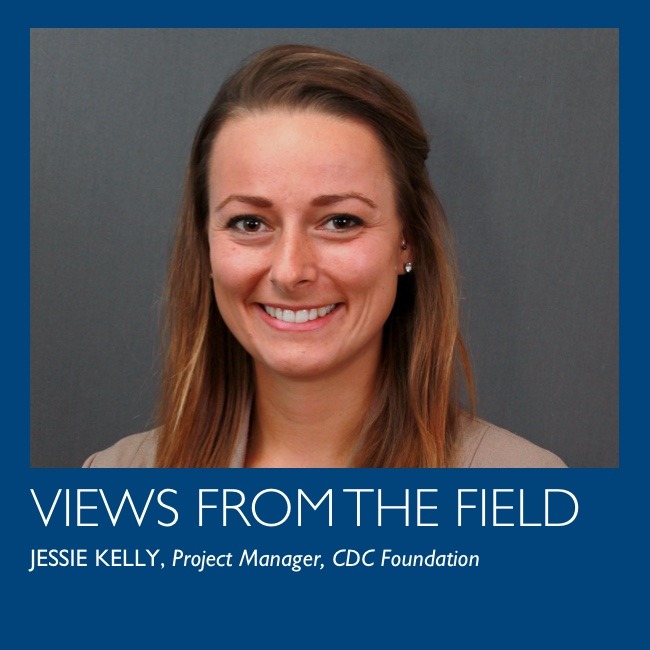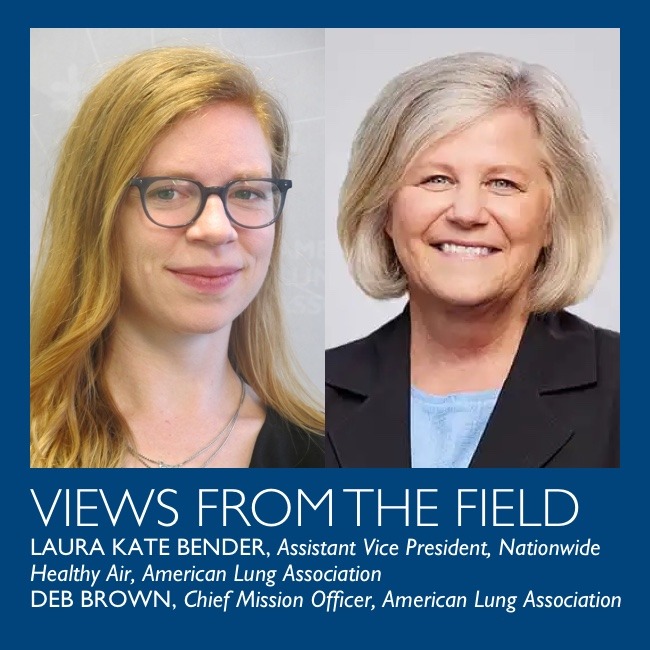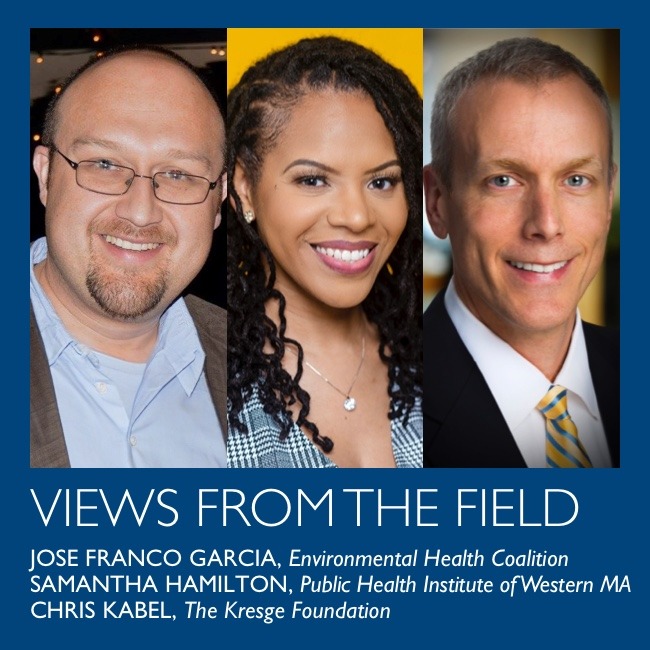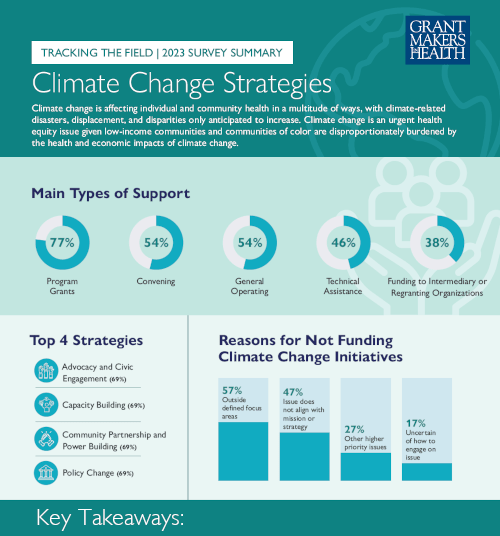Collaborating for Impact: Providing Trust-Based Grantmaking and Technical Assistance to Support Local Resilience to Extreme Weather Events
In the last few years, there has been an increased number of extreme weather events, including wildfires, tornadoes, hurricanes, floods and heatwaves in the United States. In 2023, the United States experienced 28 disasters that cost at least $1 billion, the largest number of billion-dollar disasters in a single year on record (Smith 2024). While some areas of the country are more susceptible to these threats, there are no regions immune to disasters. According to a recent Gallup poll, 37 percent of adults in the United States report they have been personally impacted by at least one extreme weather event in the last two years, which is higher than the 2022/2023 survey result at 33 percent.
2025 EGA Federal Policy Briefing
Join timely discussions with grantmaking peers and insights from decisionmakers to support you in resourcing strategic organizing, mobilization, and essential collaboration. Session topics will offer thoughtful reflections on the state of play, engagement with policy architects, and analysts that can guide your priorities and support strategies for sustainable water, food systems, transportation, energy, in this stage of democracy.
Safeguarding the EPA while Building Power for Environmental Health and Justice
Join this webinar for a learning and strategy conversation designed for funders. They will discuss what is happening at the Environmental Protection Agency (EPA), what’s at stake, and what actions funders can take—both through immediate funding and longer-term power-building strategies.
Post-Chevron: Impacts on the Food, Agriculture, and Public Health Regulatory Landscape
A funder-only webinar was held to explore the impacts of one of the most significant legal developments in recent years: the Supreme Court’s decision to overturn Chevron deference in Loper Bright v. Raimondo. This ruling has profound implications for the regulatory interpretation of major legislation such as the Clean Air Act, the Clean Water Act, and the Farm Bill.





